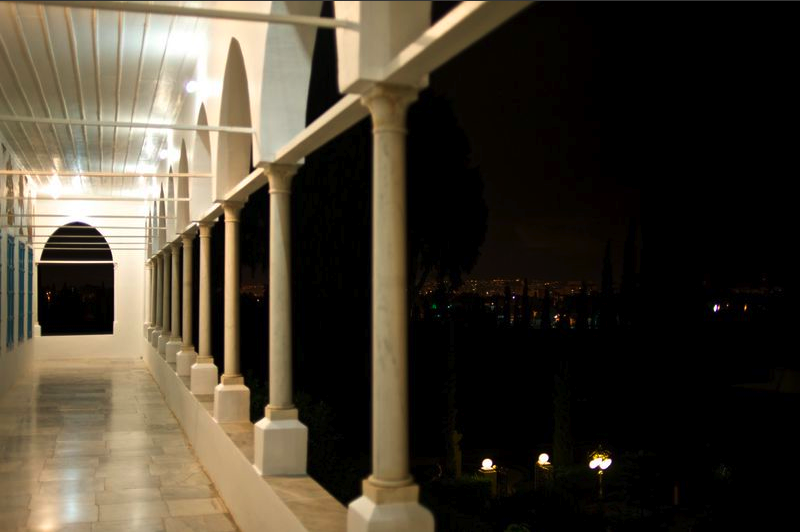Paris Talks Revisited: The Unity of Religion and Science
There is no contradiction between true religion and science. When a religion is opposed to science it becomes mere superstition: that which is contrary to knowledge is ignorance.
These words of ‘Abdu’l-Bahá could almost end the discussion on whether or not science and religion can be reconciled, a question whose answer has seemingly continued to elude the minds of many people and whose subject forms the fourth principle of the Bahá’í teachings. For some, this balance cannot be maintained as they are utterly opposed to each other and this results in extreme antipathy to either science or religion. Another perspective, perhaps slightly more forgiving, is that science and religion should remain in their respective spheres: one sphere comprises the material world and the other sphere comprises the spiritual world, and that neither should ever come into the territory of the other. Both of these perspectives, though, seem to force a dichotomy on what appears to me to be a single reality by insisting that we must not conflate science or religion. Another perspective, and I think a more satisfying one, is to consider these two spheres to be of the same reality, and two useful tools that help us to discover essential truth.
This is a significant departure from the conclusions contemporary thought might arrive at. Yet, very simply, this idea of the harmony of science and religion constitutes the bedrock of Bahá’í belief regarding the relationship between the material and the spiritual. Maintaining this balance implies more than a mere system of ‘checks and balances’. Rather, it necessitates the guidance and further development of the other. Religion gives direction and inspiration to science, and science helps us to understand the deeper implications of religion — the very least of which is how to practice and apply spiritual principles to our lives.
What I find particularly interesting is that ‘Abdu’l-Bahá explains the two main parts of religion: the first being the essential and unchanging part of religion which deals with our spiritual nature, and the second being the expression of religious truth within the context of the exigencies of its revelation. The former never changes, because it is a description of spiritual reality. The latter must indeed vary as our understanding of the material world changes, but this does not mean that the world necessarily changes.
From here, we can see where parallels can be formed. Science is the process by which we gain an ever-greater understanding of ourselves and our environment, and the infinite relationships that operate between and among the two. Religion provides us with the spiritual end-point that we can achieve through the use of science and reason.
With this in mind, we are left without any justification to believe that either of these spheres of reality is intrinsically in opposition to the other. Conversely, we are left with an impression that our involvement in these mutually reinforcing tools will secure the well-being of humanity. How much more does this realization demand of our participation in the prevalent discourses of science and religion?! ‘Abdu’l-Bahá leaves us with a promise: “When religion, shorn of its superstitions, traditions, and unintelligent dogmas, shows its conformity with science, then will there be a great unifying, cleansing force in the world which will sweep before it all wars, disagreements, discords and struggles—and then will mankind be united in the power of the Love of God.”


